Search Fellows
Click on a Fellow below to view more information or create your own search.
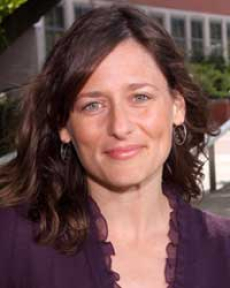
Elizabeth Levy Paluck
Princeton University
Visiting Scholar
2011 to 2012
Paluck will analyze how social norms and behaviors are transmitted among high school students in the United States. Paluck studies settings where prejudice and conflict seem intractable and seeks to understand how such "cultures" of harassment develop. She will examine which students in a social network are most effective at spreading tolerance among their peers, how they do so, and how long their influence in the network lasts.
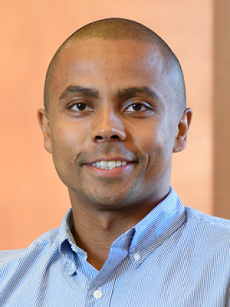
Steven O. Roberts
Stanford University
Visiting Scholar
2021 to 2022
Roberts will integrate research from the social sciences and humanities to identify the psychological bases of racism and suggest strategies for dismantling racial bias. His research will build on previous findings that the belief in white supremacy emerges early in childhood. He will work on three projects to advance the social scientific understanding of racism: a theoretical paper on descriptive-to-prescriptive reasoning, a theoretical paper on white supremacy, and three empirical papers on white supremacy in psychological science.
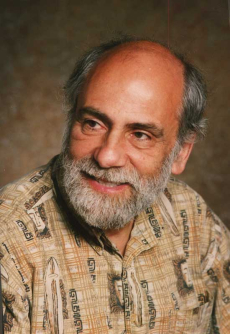
Paul Rozin
University of Pennsylvania
Visiting Scholar
2001 to 2002
Paul Rozin, the Edmund J. and Louise W. Kahn Professor for Faculty Excellence in the department of psychology at the University of Pennsylvania, will complete a book, co-authored with Clark McCauley and Barry Schwartz, on the formation and maintenance of preferences and values.
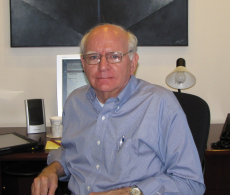
Timothy A. Salthouse
University of Virginia
Visiting Scholar
2009 to 2010
Timothy A. Salthouse, Brown-Forman Professor of Psychology at the University of Virginia, will write a book on the implications of age-related cognitive differences for functioning in society and particularly in the workplace. The book will explore why age-related declines in cognitive functioning are the norm for most cognitive skills yet most decision makers are older—suggesting more central roles than previously thought for past experience and knowledge in daily activities and decision making.
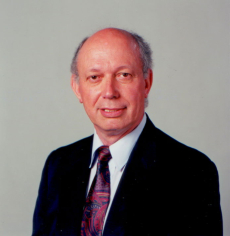
Arnold J. Sameroff
University of Michigan
Visiting Scholar
2003 to 2004
Arnold J. Sameroff, professor of psychology at the University of Michigan, will study the factors that influence the achievement of a successful professional and family life for people who experienced economic and social hardships while growing up. Sameroff is interested in how best to improve disadvantaged individuals' mental health and socioeconomic potential and in whether efforts should be focused on institutions or on individuals.
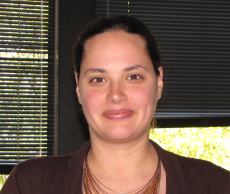
Diana T. Sanchez
Rutgers University
Visiting Scholar
2009 to 2010
Diana T. Sanchez, assistant professor of psychology at Rutgers University, will conduct a study exploring how specific ethnic markers influence ethnic minorities’ self-perceptions and the perceptions of others in contexts for which minority status is an advantage or disadvantage. Sanchez will also examine whether discovered patterns hold for evaluations of both men and women and by minority and white perceivers.
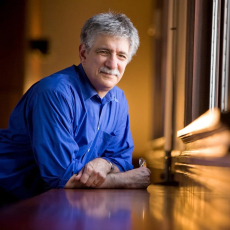
Robert L. Selman
Harvard University
Visiting Scholar
1999 to 2000
Robert L. Selman, professor of education and psychology at Harvard University, will write a book based on his studies of the way young people growing up under difficult life circumstances (such as dysfunctional families, neighborhood poverty, and social prejudice) learn how to relate to others. Selman defines the essence of "social competence" as the ability to coordinate one's own perspective with that of others, through mutual understanding and negotiation.
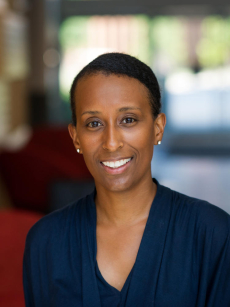
J. Nicole Shelton
Princeton University
Visiting Scholar
2002 to 2003
J. Nicole Shelton, assistant professor of psychology at Princeton University, will work on three related studies concerning intergroup contact between blacks and whites. She will analyze data from an RSF-supported study on the role of racial identity and discrimination among African-American and white college students in order to examine the phenomenon of "discrimination anxiety" -- blacks' concern that they will be rejected because of their race, as well as whites' concern that they will appear prejudiced.
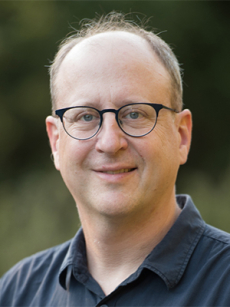
David Sherman
University of California, Santa Barbara
Visiting Scholar
2024 to 2025
Sherman will explore the psychology of environmental decision making and support for policies addressing climate change. He will include insights from climate researchers, members of Congress, and climate activists to examine the systemic psychological and structural barriers that prevent political agreement on climate policy in the U.S. among individuals and policy makers.
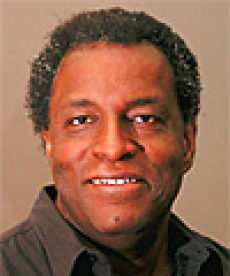
James Sidanius
Harvard University
Visiting Scholar
2001 to 2002
Jim Sidanius, professor of psychology and political science at the University of California, Los Angeles, Shana Levin, assistant professor of psychology at Claremont McKenna College, and Colette van Laar, professor of psychology and education at Leiden University, the Netherlands, will study the impact of the multicultural undergraduate experience on ethnic tolerance and on tensions between different racial and ethnic groups.
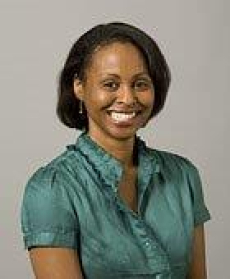
Stacey Sinclair
Princeton University
Visiting Scholar
2013 to 2014
Sinclair will write a series of articles examining how interpersonal interactions translate implicit prejudice into ethnic disparities in schools. Sinclair’s research will provide novel insights into how peers’ implicit racial attitudes influence students’ sense of belonging at school as well as their academic engagement and performance.
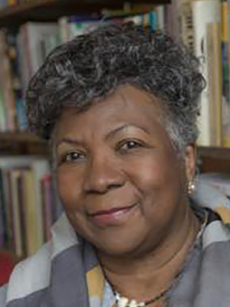
Margaret Beale Spencer
Margaret Olivia Sage Scholar
Margaret Beale Spencer is the Marshall Field IV Professor of Urban Education in the Department of Comparative Human Development at the University of Chicago. She developed the phenomenological variant of ecological systems theory (P-VEST), a framework that examines resiliency, identity, and competence formation primarily in youths of color. Her Urban Resiliency Initiative emphasizes educational contexts, interrogates neighborhood policing encounters, and seeks to reduce vulnerability and increased resiliency.

Philip Tetlock
University of California, Berkeley
Visiting Scholar
2005 to 2006
Philip Tetlock, Mitchell Professor of Leadership at the University of California, Berkeley, will work on several projects relating to the political implications of the ways in which people make decisions and systematically err in judgment. His work will touch on the decision-making of political experts, the ways in which a society’s moral boundaries limit new thinking, and how a person’s willingness to consider historical counterfactuals relates to their understanding of the past and the future.
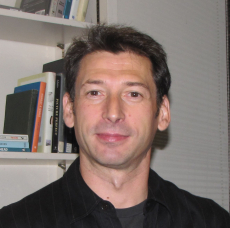
Alexander Todorov
Princeton University
Visiting Scholar
2010 to 2011
Todorov is part of a working group (with Ran Hassin), which will use recent findings in cognitive neuroscience to better understand the significant role unconscious processes play in human decision-making. Individually, Ran Hassin will focus on how unconscious states of mind associated with specific ideologies or beliefs trigger certain social behaviors.
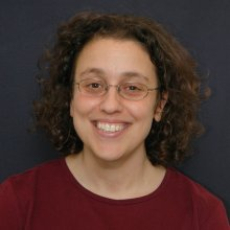
Linda Tropp
University of Massachusetts, Amherst
Visiting Scholar
2017 to 2018
Tropp and Dina Okamoto will explore immigrant-native relations based on a telephone survey of 2,000 residents of Atlanta and Philadelphia and in-depth interviews with 250 of the survey respondents.
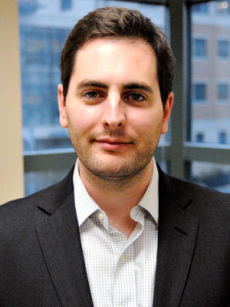
Elliot M. Tucker-Drob
University of Texas at Austin
Visiting Scholar
2015 to 2016
Tucker-Drob and Kathryn Paige Harden will analyze data from the Texas Twin Project, a study of over 1,000 twins, to examine how genetic and social factors interact to shape child and adolescent development. Tucker-Drob will study how socioeconomic disadvantage suppresses genetic influences on academic achievement.
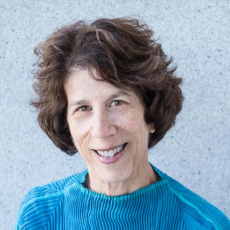
Barbara Tversky
Stanford University
Visiting Scholar
2004 to 2005
Barbara Tversky, Professor of Psychology at Stanford University, will begin research for a book that profiles how people communicate their own perception of reality to others, and how the process of conveying that information shapes their memories of past events. She will explore narrative distortions like exaggeration and caricature, asking about the contexts in which storytellers use them and the ability of listeners to detect them.
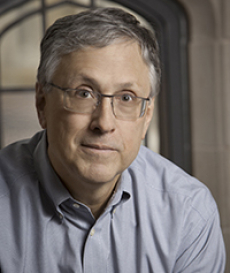
Tom R. Tyler
Yale University
Visiting Researcher
Tom Tyler is the Macklin Fleming Professor of Law and Professor of Psychology at Yale University. He will examine how the law and legal institutions are currently structured around a coercive model of authority and could be differently and better organized around an alternative model of legal authority based upon popular legitimacy.
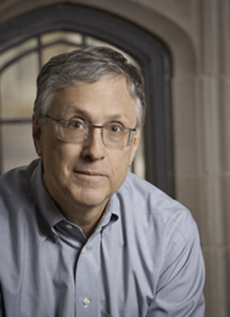
Tom R. Tyler
New York University
Visiting Scholar
1999 to 2000
Tom Tyler, professor of psychology at New York University, will write a monograph on trust in the context of citizens' relations with the police and courts. Based on survey research of an ethnically diverse sample of citizens in Oakland and Los Angeles, his work will show how the law can function more effectively if authorities gain the trust of citizens by making decisions in ways citizens view as fair.
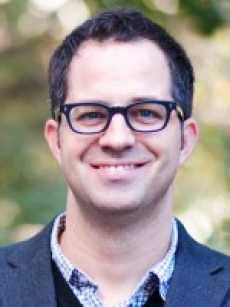
Jay J. Van Bavel
New York University
Visiting Scholar
2016 to 2017
Van Bavel will analyze the social dynamics that influence implicit intergroup bias. Using large-scale data and a series of experiments, he will investigate how many factors—from the history of slavery to individuals’ brain functions—affect the implicit biases that people hold toward minority groups. He will also explore the extent to which implicit biases can be altered, as well as the role of social institutions in mitigating these biases.
